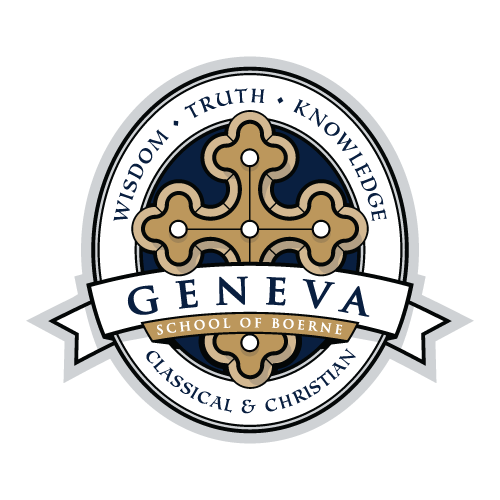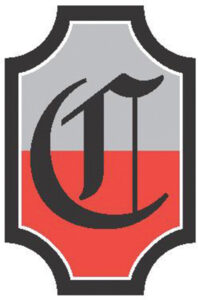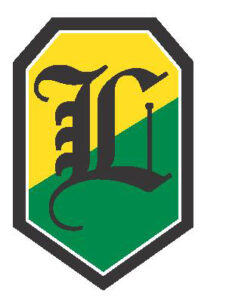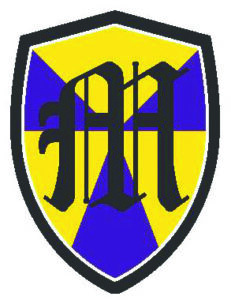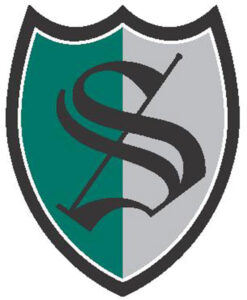Reminiscent of traditional British public schools, all Geneva Rhetoric students are assigned to one of four houses — Chaucer, Lewis, Milton or Sayers. In the traditional boarding schools, students actually lived in their house. Our system, while a bit less ambitious than that of boarding schools, still affords our students these opportunities:
- Nurturing relationships across Rhetoric School grade levels
- Leadership, friendly competition and service
- Faculty involvement with students on a different relational level
- Positive peer pressure and mentorship
The houses in the Rhetoric School are named after four individuals who greatly influenced the modern classical and Christian school movement.
Chaucer House — named after Geoffrey Chaucer (d. 1400), philosopher, scholar, translator and poet/writer. Most famous for The Canterbury Tales, he is often called the father of English literature because he pioneered the use of English instead of Latin as a medium for literary art and as a means of scholarship. Chaucer: Champion of the English Language.
Lewis House — named after C.S. Lewis (d. 1963), author, literary scholar and Christian apologist. He is probably best known for his children’s classic The Chronicles of Narnia, but he is widely regarded as the most influential Christian voice of the 20th century. His works on the Christian faith continue to show Christianity’s relevance in the worldwide marketplace of ideas. Lewis: Champion of the Christian Worldview.
Milton House — named after John Milton (d. 1674). A writer of often quite fiery theological argument and political activism, he is best known for Paradise Lost, a retelling in classical epic form of the story of the fall of man. This combination of the epic form and biblical material has rendered Milton’s Paradise Lost one of the foundational works of western culture. Milton: Champion of the Biblical Epic.
Sayers House — named after Dorothy Sayers (d. 1957), author, playwright, theologian and translator of Dante’s Divine Comedy. Perhaps best known for her Lord Peter Wimsey mystery novels, she is also the champion of the classical Christian education movement. Her 1947 Oxford address entitled “The Lost Tools of Learning” spawned what we see today as the resurgence of the classical method. Sayers: Champion of the Classical Method.
